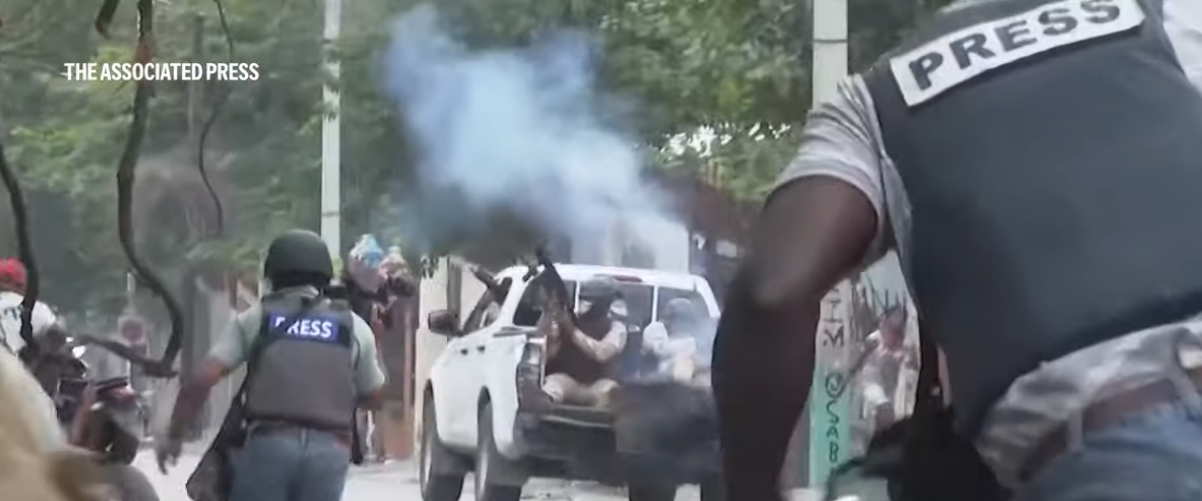Susan Sarandon found acting almost by accident when she accompanied her ex-husband, Chris Sarandon, to an audition for Joe (1970). While he didn’t get the job, she did land a role, and thus began her critically-acclaimed career which has resulted in a quintet of Academy Award-nominations.
Born Susan Abigail Tomalin in New York City on October 4, 1946, Susan Sarandon found acting almost by accident when she accompanied her ex-husband, Chris Sarandon, to an audition for Joe (1970). While he didn’t get the job, she did land a role, and thus began her critically-acclaimed career which has resulted in a quintet of Academy Award-nominations. After coming close for Atlantic City (1980), Thelma & Louise (1991), Lorenzo’s Oil (1992), and The Client (1994), Sarandon finally got to take home a coveted Oscar (which she stores in the bathroom) for her remarkable performance as Sister Helen Prejean in Dead Man Walking (1995). Since she has remained friends with Sister Helen and others she met while making the movie on location in New Orleans, Baton Rouge and elsewhere around Louisiana, it is understandable that Susan would be particularly moved to do something about the disaster which has devastated the region.
Both she and her longtime beau, Tim Robbins, are known for their tireless commitment to progressive political causes anyway, so it’s no surprise to see them involved with this relief effort. In their private lives, they have two sons together, plus Susan has a daughter from a prior relationship. Here, she shares her concerns about the New Orleans tragedy, instead of focusing on her new film, Elizabethtown.
BSN: What are you giving your attention to these days, raising money for new Orleans or criticizing the response to it?
SS: Why are they mutually-exclusive? I think they’re both important issues. You need some accountability, and you need to keep the press involved in the aftermath when all those really dramatic pictures are no longer on the air. When the water drains, you need to ask the more difficult questions.
BSN: Like what?
SS: Like why have they already suspended all the labor laws and the minimum wage? And why are they giving big contracts to people from outside the area? Things like that should be monitored.
BSN: Were you emotionally affected by the disaster, having spent a lot of time down there and making friends while filming Dead Man Walking?
SS: Whose heart didn’t break? Who could possibly think that it unfolded in the way that it should have? If you watched even the most pro-Bush news coverage, you could see that the way they responded was terrible. I guess that with Hurricane Rita the learning curve was a little bit more obvious. But I don’t know if anyone’s asking the bigger questions.
BSN: Such as?
SS: What other areas of our country have been weakened? What other parts of the infrastructure, in other places, are damaged because of the economic drain in Iraq? I know that in New York we still don’t have first-response money. I would think that a lot of people are asking, “Are we safer?� That’s the bigger question.
BSN: Which relief organization are you working with?
SS: No one’s talking about Mississippi. That hasn’t been covered at all. We sent a big load of stuff to a church down there in Gulfport.
BSN: How about New Orleans?
SS: I’ve been in touch with Sister Helen. She’s been telling us very specific places that need help. I’ve given funds and I asked about being a part of that last concert, but they never called me back. You kind of have to be invited. So, we just reached out to the people we knew who were displaced, like some of the kids from Dead Men Walking who were in Louisiana. They’re not so young anymore. They’re in their early twenties, but we’re keeping tabs on them.
And in terms of raising money, I did a little benefit in New York to replace instruments for musicians who lost their instruments.
BSN: What do you see as the long-term effect of what we witnessed with Katrina?
SS: I think every American’s heart was really torn and shamed at how that came down. We have to take that shame and in some way make sure it doesn’t happen again, because the poor are drowning every day in the United States. They’re going under all over the place. I guess the positive thing to say would be that now at least the world is aware of how a lot of Americans have been living who nobody’s been paying any attention to.
BSN: Do you think that the press will stay on top of the New Orleans story to watch what shenanigans might be going down in terms of gentrification, no-bid contracts and such during the rebuilding?
SS: I don’t know. It’s not sexy to follow the paper trail and examine the bureaucracy of what’s happening in term of how people are being placed. We’ve all seen the really dramatic pictures of people standing in the rain, and we’ve heard some really dramatic sound bites. But what happens when the rain stops and the water goes down? That’s when they need to follow-up and get into the nitty-gritty of where the money is going, who’s getting the contracts and how it’s being spent, and where people are being placed. And most of them are poor people. So, I hope they the passion to care about justice as much as they do about whether the water is rising. I certainly do.





